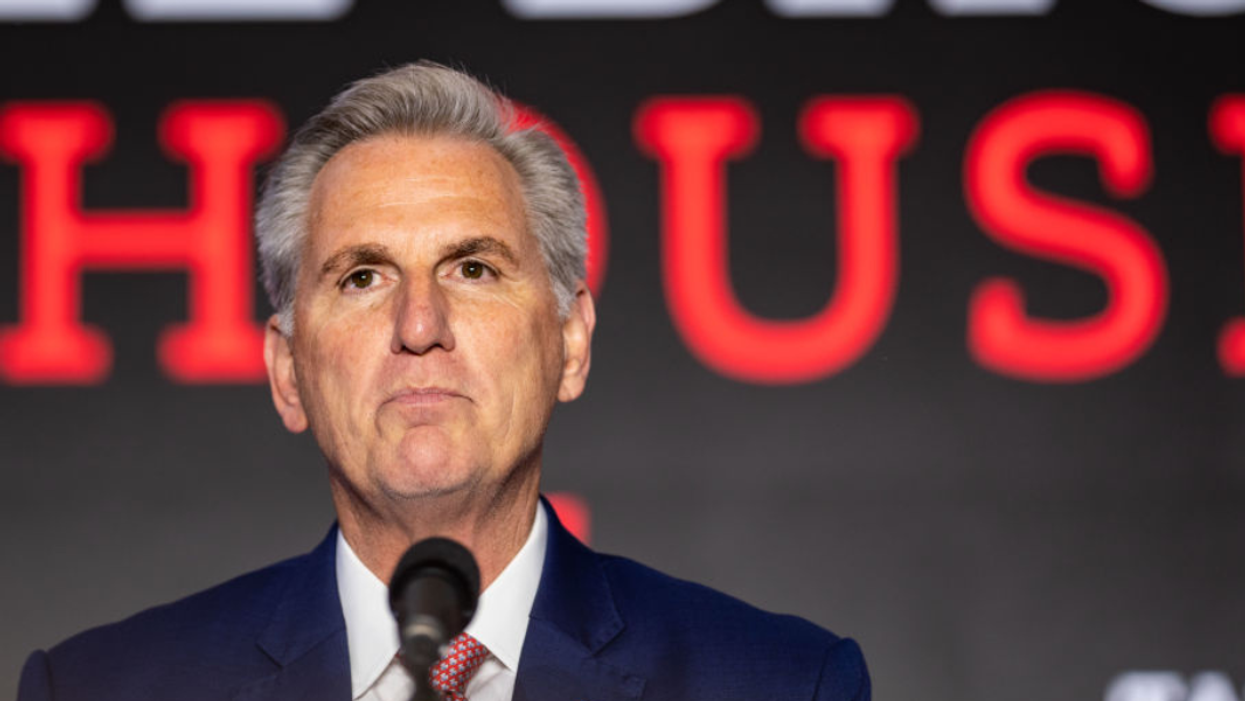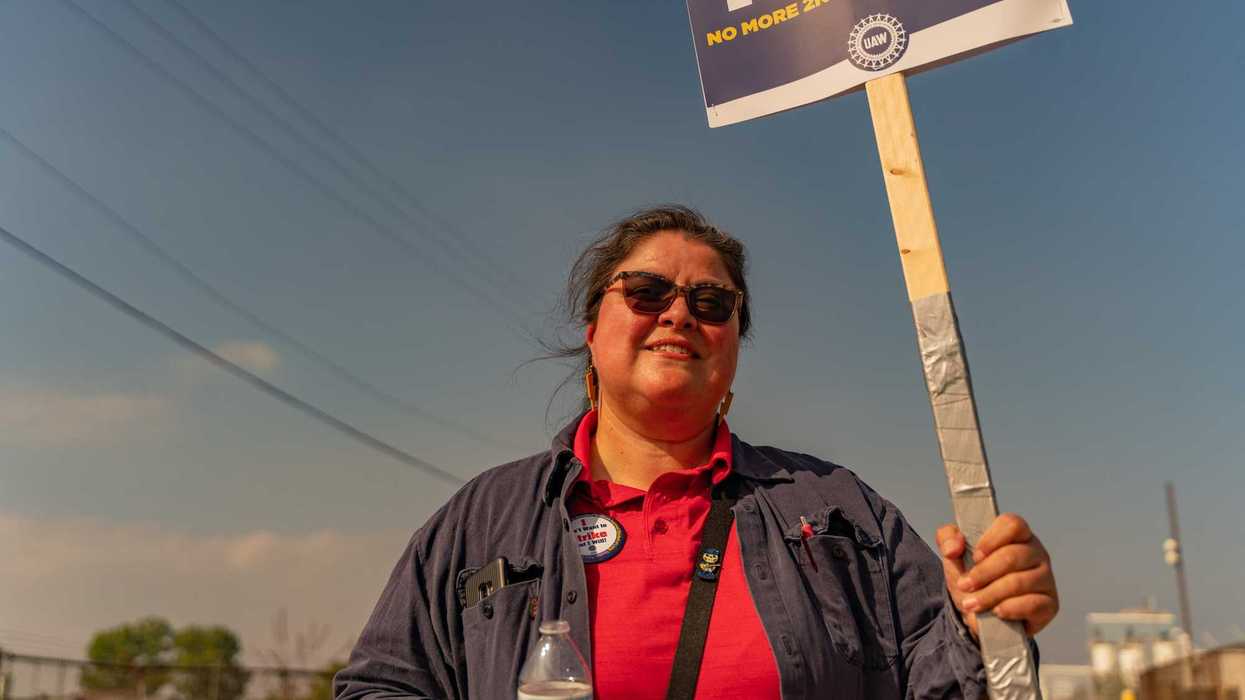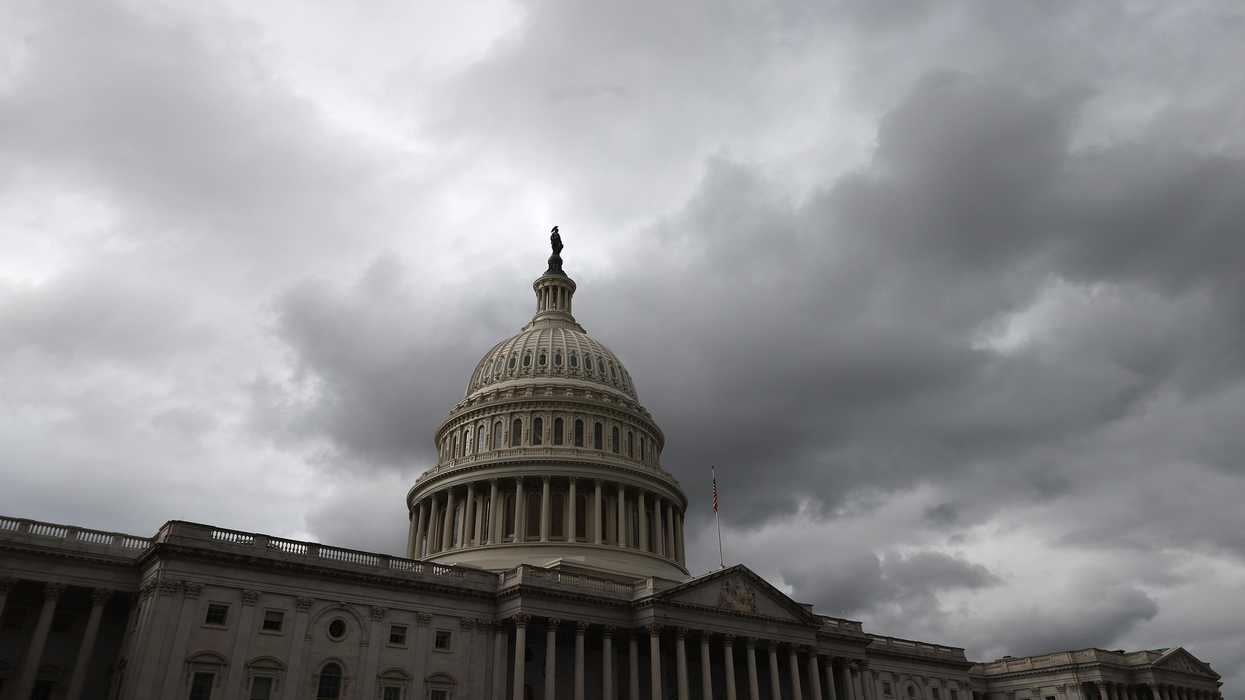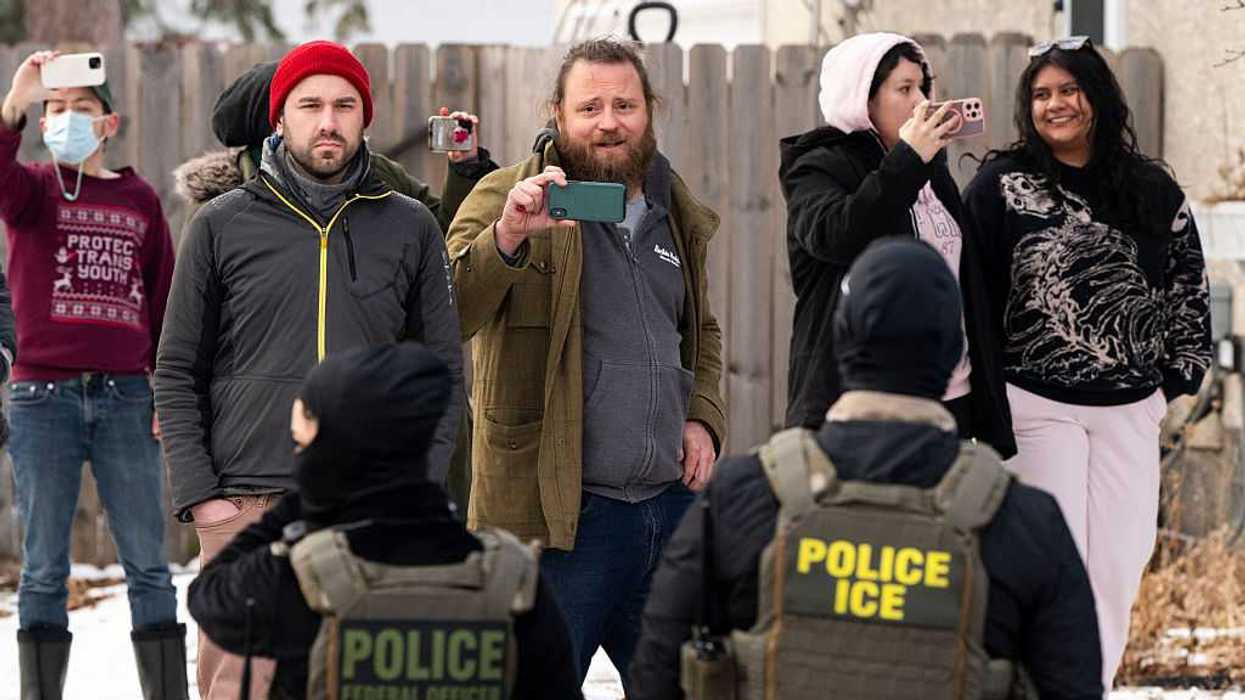Anderson edited "Leveraging: A Political, Economic and Societal Framework" (Springer, 2014), has taught at five universities and ran for the Democratic nomination for a Maryland congressional seat in 2016.
The ousting of Kevin McCarthy as Speaker, a topic that will be discussed for years to come by scholars, the media, politicians, and political consultants shows that a very small number of members of Congress in the majority party can foist their chamber and the country into a major crisis if they force a potential Speaker to change the rules about voting a Speaker out of office and then implement that change. Among Republicans, 202 voted not to oust McCarthy and eight voted to oust him. The Democrats stayed out of the internal fight within the Republican party. They all voted to oust McCarthy.
The removal of McCarthy from his post definitely does not show that the people of the United States are polarized. It points to the opposite conclusion. There is a stark contrast between the near 50/50 split in the Senate and the House, where there is extreme polarization, rancor, and manipulation and the country, where 40% to 44% of Americans over the last year have answered the monthly Gallup survey in almost every month by saying that they do not identify with either major party, even though the majority of them lean toward one party.
Leaning toward a party is not identifying with it. It is critical not to underestimate how significant is the fact that about 40 out of 100 Americans refuse to say that they are either Democrats or Republicans. This is like saying, "I am not a Christian" if you were raised as a Christian or saying, "I am not a man" if you have the biological features of a man but you feel like a woman or nonbinary. Political scientists can twist the facts as much as they like, but the bottom line is that a person who refuses to be associated with either political party is telling you something of paramount importance.
It is certainly true that there are extremists in our country, maybe ten percent in each party, who are fiercely opposed to the other party. Moreover, about 40 percent of the country, in addition to the 20 percent who are extremists, is polarized. But with 40 percent not even associating themselves with either party, we don't have any basis to say that the country is polarized.
The picture of the U.S. House of Representatives and the picture of the approximately 220 million adults who could vote if they were registered, is not a snapshot of the larger canvas of the whole country. The pictures are not even similar. The picture of the U.S. House of Representatives is one of total dysfunction. The picture of the country has about 40% of the people essentially sitting out a conflict between the other 60%, and only about one-third of those fighting are extremely angry and unhinged; and less than 1% of that one-third have been violent.
There can be no doubt that American democracy is under threat as more than a few notable scholars have pointed out in recent days, including Daniel Ziblatt, Professor of Government at Harvard University and co-author with Steven Levitsky of the landmark book, How Democracies Die. Yet it is of the first importance to appreciate that it is the nation's capital that is threatening the republic right now and not the vast majority of citizens of the United States. The nation's capital itself has become polarized and dysfunctional for many reasons, including gerrymandering; the outsized role of money in politics; the prevention of independents from having an opportunity to elect more moderate candidates as a result of living in any of the 30 states which prohibit Open Primaries; and the prevention of all voters from having their votes for moderate candidates really count as a result of living in virtually all of the 50 states and territories that do not have ranked-choice voting in their elections.
The fact that Washington and not the country is polarized and dysfunctional does not guarantee that American democracy will not suffer additional blows in the weeks and months ahead, even a mortal blow. Yet it should be reassuring that the people of the United States are not at war with each other and revolting. Most, rather, are revolted by what is happening in Washington in recent days.
Harnessing the decency and moral center of the vast majority of Americans, not only the 40% who do not identify as Democrats and Republicans but the majority of the 60% who do, can be done by the president, Congress, and pro-democracy organizations in the days ahead.




















